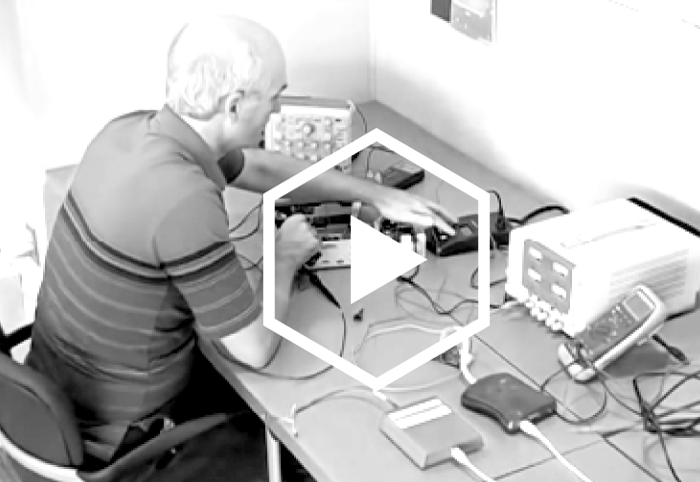With the merger of computing and entertainment now complete, copyright holders find themselves in an environment that is both rich in opportunity and also potentially perilous. The opportunity comes from the many different ways in which users can consume content. The peril arises because the very nature of digital media means that it is all too easy to copy and distribute works. The situation is compounded by the fact that the law has been very slow to respond to a digital landscape that is changing at a pace that is truly stunning.
Representative Cases
WNET v. Aereo
Aereo was a startup company that attempted to exploit the Second Circuit’s Cablevision decision regarding copyright infringement. Aero used a massive array of individual antennas to broadcast content over the internet to paying subscribers. As such Aereo represented a significant threat to the business model of the major broadcasters. The threat was seen as so severe that News Corp threatened to take Fox off the air if Aereo was permitted to continue operation. With so much at stake, Fox turned to Nigel Jones to gain a complete understanding of Aereo’s technology—including how it worked, its limitations, and its performance.
Following a court order, Mr. Jones was provided with an exemplar of Aereo’s antenna board and source code. He proceeded to thoroughly analyze the system and quickly created a test environment to allow accurate performance measurements to be taken. Together with the plaintiffs’ antenna expert, Nigel Jones spent two days at an anechoic chamber evaluating the performance of Aereo’s antenna technology, followed by multiple site visits where in situ testing was performed. This test data was at the heart of the plaintiff’s technical case against Aereo. Before the technical arguments could be heard, the case was decided by the U.S. Supreme Court who, in a very closely watched 6-3 decision, ruled that Aereo was publicly performing the plaintiffs’ copyrighted works. Aereo ceased operations shortly afterwards and settled all remaining claims.
Point 4 Data Corporation et al v. Tri-State Surgical Supply & Equipment Ltd., et al
Plaintiffs Point 4 Corporation and Dynamic Concepts sued Tri-State Surgical for tens of millions of dollars, alleging that Tri-State had circumvented the copy protection of an accounting software package. Nigel Jones was retained by the defendants to help them understand and respond to the plaintiffs’ technical claims.
At the heart of the case was a security dongle that plaintiffs supplied with their software in order to impose license restrictions. The defendants had continual problems with the dongle malfunctioning, resulting in their accounting and order taking system being inaccessible. After a particularly long outage, Tri-State paid a third-party to modify the binary image of the underlying software such that the dongle was no longer operative. When the plaintiffs became aware of this modification, they sued under various statutes, including claiming statutory damages under the DMCA for every time a Tri-State employee logged on to the software.
After examining the dongle and the relevant software, Nigel Jones was able to show a number of key things, including:
- That the dongle was being operated outside its design envelope and thus random startup failures were to be expected, consistent with the defendants’ experience. Since the DMCA has a specific exclusion for malfunctioning dongles, this was a very important finding.
- That despite the dongle no longer being operative, Tri-State’s computer configuration was such that Tri-State was still abiding by the terms of the license agreement in terms of the number of users. This finding effectively eliminated the plaintiffs’ claims that Tri-State should be forced to pay for an unlimited user license.
- That the actual security used by the plaintiffs was obsolete and easily circumvented, thus undercutting the plaintiffs’ claims for damages necessary to re-engineer their security systems.
After a multi-year litigation, the trial court ultimately entered judgement in Tri-State’s favor. Tri-State is now seeking an award of fees incurred in defending themselves against this action.



